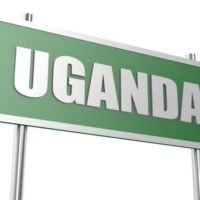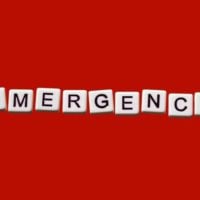Deadline: 06-Oct-21
European Commission is inviting proposals for Grasping Rural Diversity and Strengthening Evidence for Tailored Policies enhancing the contribution of rural communities to ecological, digital, and social transitions.
Scope
- The EU aims to lead just digital, economic and ecological transitions that will leave no one behind. Close to one third of EU citizens live in rural areas, which represent 83% of the EU territory and supply the whole of society with essential goods and services.
- These broad figures hide a variety of situations, challenges and opportunities regarding the aforementioned transitions that the current evidence base insufficiently captures.
- The design of positive governance frameworks and policy interventions for rural communities is hampered by
- the lack of conceptual frameworks that properly grasp the role of rural areas and communities in sustainable development and sustainability transitions;
- a lack of data on several aspects at the right geographic scale, in particular on climate and environment performance and on social challenges, quality of life and well-being. The lack of data at the right geographical scale (local in many cases) is hampered by the technical and economic difficulties of finer data collection.
Funding Information
Grant amount is equal to or greater than EUR 500 000 except for:
- public bodies (entities established as a public body under national law, including local, regional or national authorities) or international organisations; and
- cases where the individual requested grant amount is not more than EUR 60 000 (lowvalue grant).
Expected Outcomes
Projects results are expected to contribute to all of the following expected outcomes:
- more evidence-based, place-based, integrated and tailored policies, strategies and governance frameworks at local, regional, national and EU levels to drive the sustainable transition of rural areas and communities, building on the specific outcomes below;
- a refined understanding by policy-makers and rural actors of the diversity of rural situations, and of the challenges and opportunities associated with megatrends, potential major shocks and upcoming transitions, in particular climate, environmental and social challenges, to tailor policy interventions to local realities;
- a refined understanding by policy-makers and rural actors of functional characteristics of territories, functional relations between rural places and other rural and/or urban places within a territorial continuum and the importance of these relations for sustainable development, to design synergistic approaches favouring a networked and interlinked development; and
- a refined assessment by policy-makers of the impact of all current and upcoming policies on rural communities (rural proofing), including sectoral or thematic policies (such as climate, energy, mobility, digitalisation, health and social inclusion), or policy frameworks designed to accompany sustainability transitions in general, to tailor interventions to maximise possibilities for rural communities to contribute to and benefit from these transitions.
Eligibility Criteria
- Any legal entity, regardless of its place of establishment, including legal entities from non-associated third countries or international organisations (including international European research organisations) is eligible to participate (whether it is eligible for funding or not), provided that the conditions laid down in the Horizon Europe Regulation have been met, along with any other conditions laid down in the specific call topic.
- A ‘legal entity’ means any natural or legal person created and recognised as such under national law, EU law or international law, which has legal personality and which may, acting in its own name, exercise rights and be subject to obligations, or an entity without legal personality.
- To be eligible for funding, applicants must be established in one of the eligible countries, i.e:
- the Member States of the European Union, including their outermost regions;
- the Overseas Countries and Territories (OCTs) linked to the Member States;
- eligible non-EU countries:
- countries associated to Horizon Europe
- low- and middle-income countries
For more information, visit https://bit.ly/3hjhOVW









































